Like so many of history’s great catastrophes, the story begins with an eccentric Victorian Englishman. Francis Galton was a maker of maps and compiler of tables; ‘Whenever you can, count,’ was his mantra. Galton was the first man to plot a weather map and the grandfather of forensic fingerprinting. His quixotic mania for quantification would lead him to try and draw up a ‘beauty atlas’ of the United Kingdom based on his own observations. In a footnote to one of his books, he expressed the need for a new term for the ‘science’ that obsessed him most: ‘We greatly want a brief word to express the science of improving stock.’ That is, improving, by breeding (and by other means), the genetic quality of the human race. He coined a new term: ‘eugenics’.
Bad Blood is the story of eugenics, from Victorian England to the Jim Crow south and beyond. Our host is a geneticist, Adam Rutherford. His argument is that while ideas that look like eugenics have existed in many periods and places, in the 19th-century Galton and others like him gave the idea a scientific sheen that made the endeavour seem rational and modern.
They also made it a smash hit with the public. Within a few years, a friend writes to Galton saying how common it is to hear people remarking, on seeing a particularly ugly baby, ‘Ah, that was not a eugenic marriage!’
The first international congress on the subject was attended by Alexander Graham Bell, Prime Minister Arthur Balfour and future PM Winston Churchill. Darwin’s son gave the inaugural address, declaring that he hoped ‘the 20th century will be known in the future as the century when the eugenics ideal was accepted as part of the creed of civilisation’.
As listening material, Bad Blood is precisely fine, no better and no worse. It’s not exactly clear who it’s aimed at: white supremacists? Modern liberals? History buffs? This is a story that’s been told before, and told often, but the research is strong, the quotes are compelling and whenever an old letter appears it’s read out by an actor crinkling his voice into the prissiest form possible. All well and good. The drawback is simply that the show is too brisk, too narrow. Decades telescope into minutes. Complex figures are dispatched in seconds. It all feels more like a historical lucky dip than a coherent story. Most of all, it feels strange to discuss English theories of racial supremacy without mentioning in any detail, or really at all, the vast empire the English were assembling at the time. Was eugenics a founding plank of the scramble for Africa? Or was it a convenient theory for people who were going to plunder Africa anyway? I was left without an answer.
What one misses, in other words, is the weird, mixed-up madness of culture. This week, while moving house, I listened to the audiobook of Wilkie Collins’s The Woman in White. The book is stuffed with strange ideas about the relationship between character and appearance. It obsesses over details about people’s expression. Collins was concerned with the place where observable truth and internal sentiment meet, and one of the novel’s great questions is whether humans are as legible, as measurable as we believe them to be. The plot rips and crackles on the line where superstition and rationality meet – that is, the dividing line where most of our thinking took place then, and still does now.
The post An all too brisk and too narrow history of eugenics: Radio 4’s Bad Blood reviewed appeared first on The Spectator.
Got something to add? Join the discussion and comment below.
Get 10 issues for just $10
Subscribe to The Spectator Australia today for the next 10 magazine issues, plus full online access, for just $10.
You might disagree with half of it, but you’ll enjoy reading all of it. Try your first month for free, then just $2 a week for the remainder of your first year.

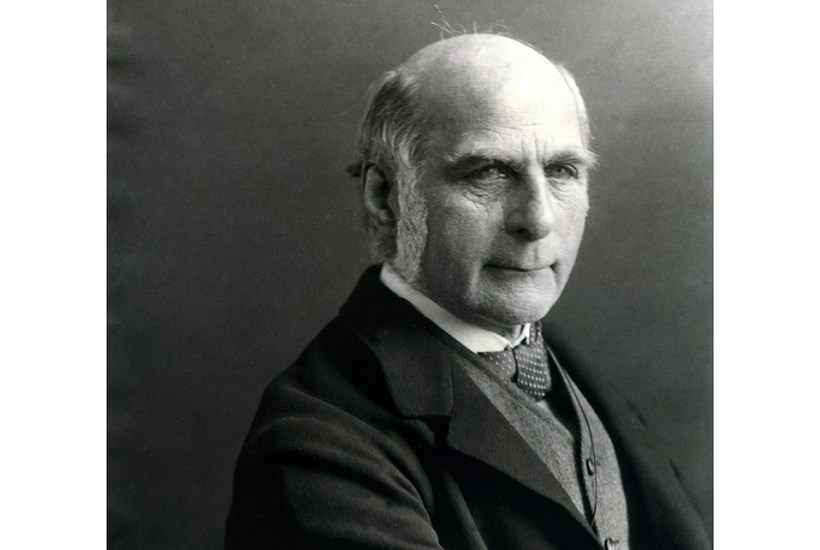
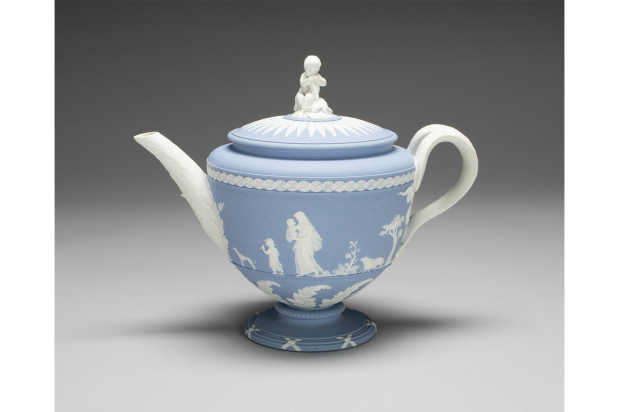
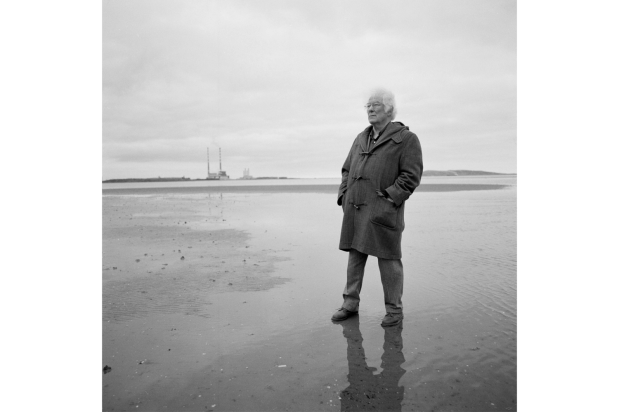
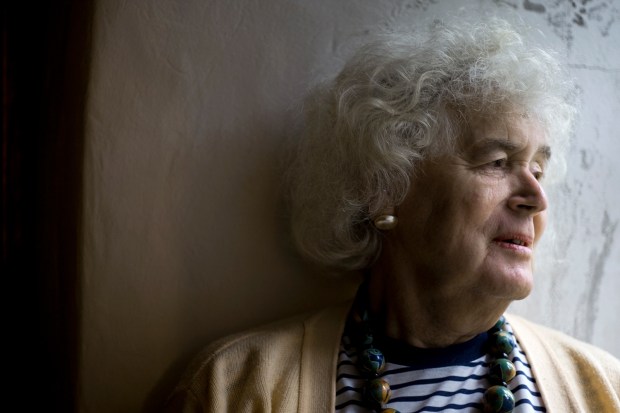


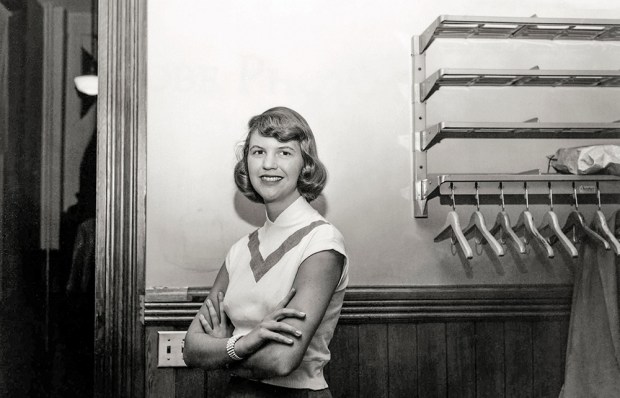






Comments
Don't miss out
Join the conversation with other Spectator Australia readers. Subscribe to leave a comment.
SUBSCRIBEAlready a subscriber? Log in